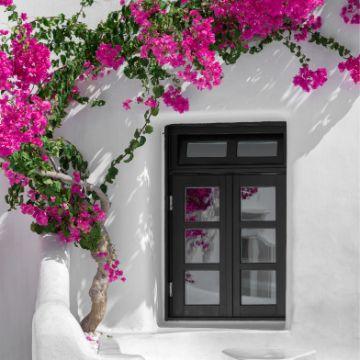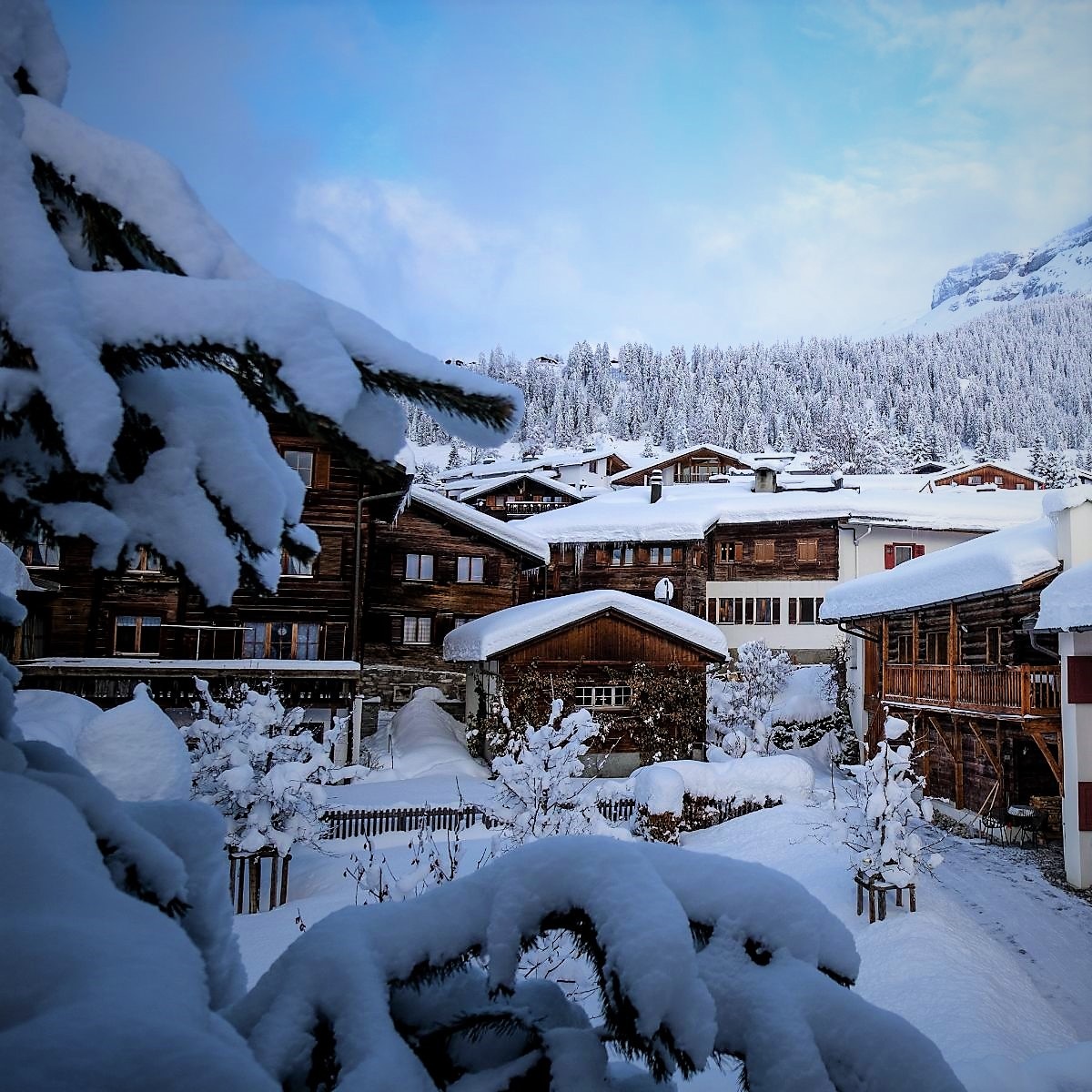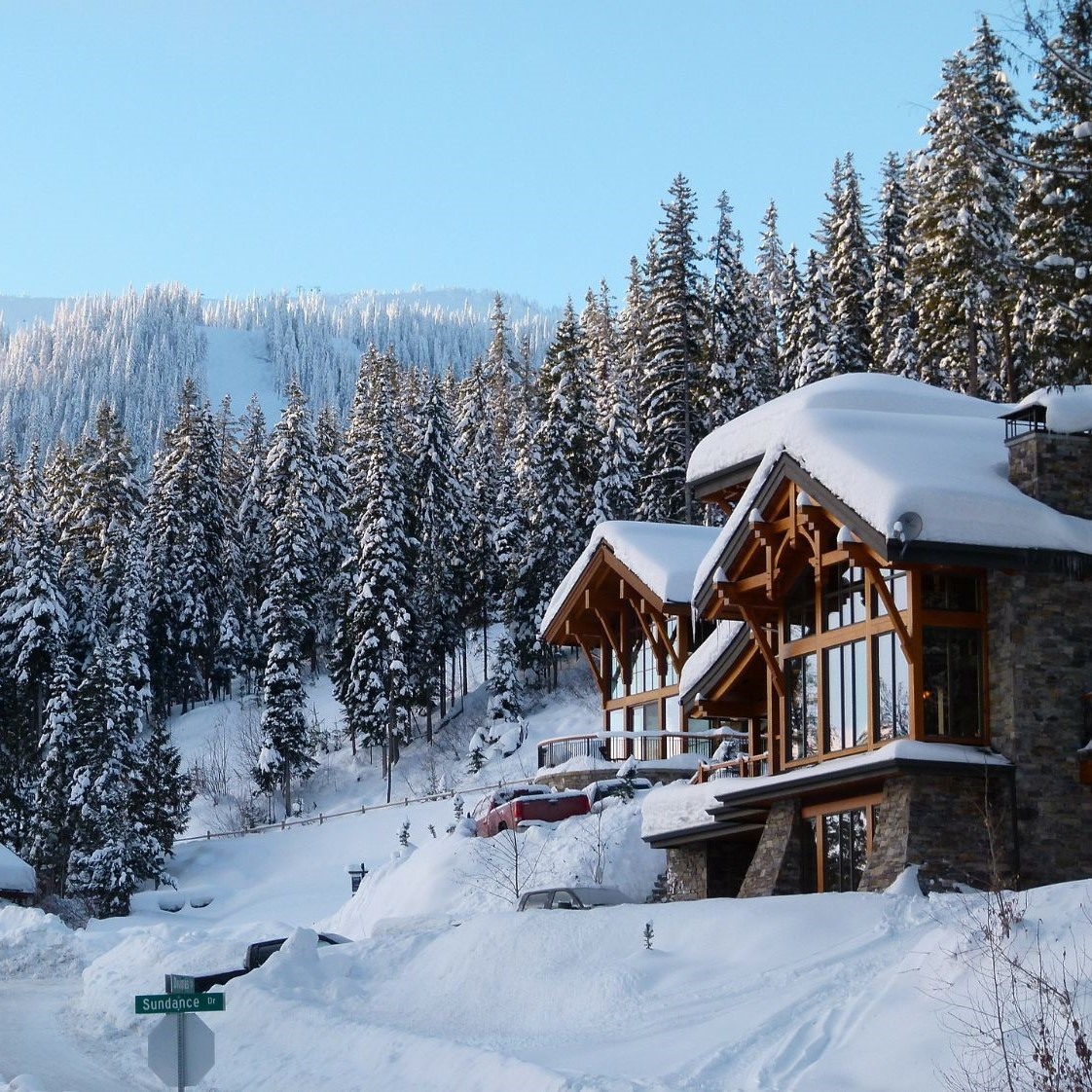This article, written by our Managing Director Fiona Watts, first appeared in the February 2020 issue of French Property News
Purchasing a new build property, rather than an existing property in the French Alps is an increasingly popular choice with overseas buyers as existing properties in these sought-after locations are often passed down through the generations, making it trickier for new buyers. Brand new developments are literally popping up in all the familiar resorts, and often come with tempting offers – making them a more cost-effective way of gaining a convenient base at the foot of the slopes. However, they can be viewed as a slightly riskier option, compared to an existing property. For one, you are often purchasing based on an artist’s impression. Plus, anyone who has undertaken any renovations on their home will confirm that construction works can often be delayed or require more funds than anticipated – and that’s before you consider the difficulties of building under a few metres of freshly fallen snow! Understandably, many buyers may be put off adding the perceived complexity of obtaining finance for their purchase and prefer to buy in cash.
However, over 80% of our French clients who bought in the Alps bought a VEFA property, because the benefits of purchasing with a French mortgage can, in fact, make the purchase less stressful and give you a greater level of protection against delays and rising costs!
Because of the popularity, and therefore market liquidity, of property in the French Alps the French lenders are very comfortable lending in the area. This is a marked difference to properties located in more rural regions of France, where the banks can often substantially reduce the property’s value, leading to difficulties in raising sufficient finance.
The French banks are therefore very familiar with lending against off-plan properties and adept at carrying out valuations on new builds and have efficient internal processes in place to avoid unnecessary delays. To mitigate the risk of any developer not completing the build, the banks will insist that the developer takes out a GFA (Garantie Financière d’Achèvement). A GFA is an insurance policy or guarantee that ensures the construction will be completed should the developer or construction company find themselves in financial difficulty and are unable to complete the work themselves.
To further mitigate the risk for the lender, most French banks will only arrange finance for a certain number of units in each development. By operating a quota system, they can ensure they aren’t over-exposed on any particular property. Working with a broker can massively increase your chances of securing a mortgage on the property you wish to buy as they can scour the whole market much quicker.
Another benefit of using a broker, when buying off-plan is if you are looking to reclaim the VAT – something that many estate agents will talk about, as it can seem to greatly reduce the purchase costs. Many lenders will not grant a mortgage if the borrower is going to reclaim the VAT so it is important to find a broker who has experience and contacts with the relevant lenders to source you the right solution. As a side note, please do your research before deciding to reclaim the VAT, as there several strict legal, tax and operational obligations that have to be fulfilled for every year you own the property for a claim to be successful.
The other benefit of purchasing in the French Alps is that the number of lenders and range of French mortgage products available is greater.
Even as a non-resident, it is possible to get a 100% mortgage in the Alps (although the lender would require you to place a separate sum of Euros at the bank in this instance). For ‘dry’ loans (where there is no obligation to place other assets with the bank), the maximum LTV available would be 85% on a repayment basis and 75% on an interest-only basis. Interest-only products can be attractive for those buyers who are thinking of renting out the property as they can minimise the monthly mortgage payments and save the rental income over time to pay off the capital debt at the end of the term. On the other hand, there are some very low long-term fixed rates (from 0.95% for 20 years!) available on a capital repayment basis. Which gives you security around the level of monthly repayments for the term of the loan. The most popular product, however, for non-resident buyers who are buying off-plan is a hybrid mortgage. This allows you to borrow over a longer term (up to 25 years) on a capital repayment basis, but with the first 7 years on an interest-only arrangement. This gives you the reassurance that the debt will be cleared at the end of the mortgage term, but that your monthly mortgage payments will be materially lower over the first 7 years. Whilst all mortgage products allow you to only pay the interest whilst the building is under construction, this hybrid product adds an additional 7 years on top of that. This can be particularly useful for purchasers who wish to save up the rental income over the first few years or know that their other outgoings are going to be higher in the short term (e.g. having to pay for school fees). Regardless of the product you choose, it is also important to note, that the French banks will expect you to pay your personal contribution first (so 15%, if you have taken out an 85% mortgage), before they then release their funds, direct to the developer, as the building progresses.
Furthermore, it’s always worth noting the other benefits of a French mortgage over buying in cash, whether it’s for a new build or not. Borrowing in Euros, rather than buying in cash can mitigate the exchange rate, and dramatically reduce the amount of sterling you will need to convert into Euros. Instead, you can invest that sterling into high return investment vehicles in the UK (a cautious investor can expect upwards of 5% returns over the long term, which, if you are only paying 2% in mortgage interest, means you are making 3% on an annual basis!). It’s also worth noting that it is virtually impossible to release equity later on from a French property that you originally bought in cash. This means the only way to get your money out will be to sell the asset. Lastly, for those of you looking at property over €1.3M, you can mitigate the French wealth tax as you can offset the mortgage against the property’s value.
Whether you are buying a 'lock up and leave' apartment or a ski-in, ski-out chalet, it’s a sure-fire bet that purchasing it with a French mortgage will be the financially savvy option. And with the attraction of the French resorts as hot as ever, it's also a sure-fire bet you wouldn’t be short of visitors to your new alpine retreat!



